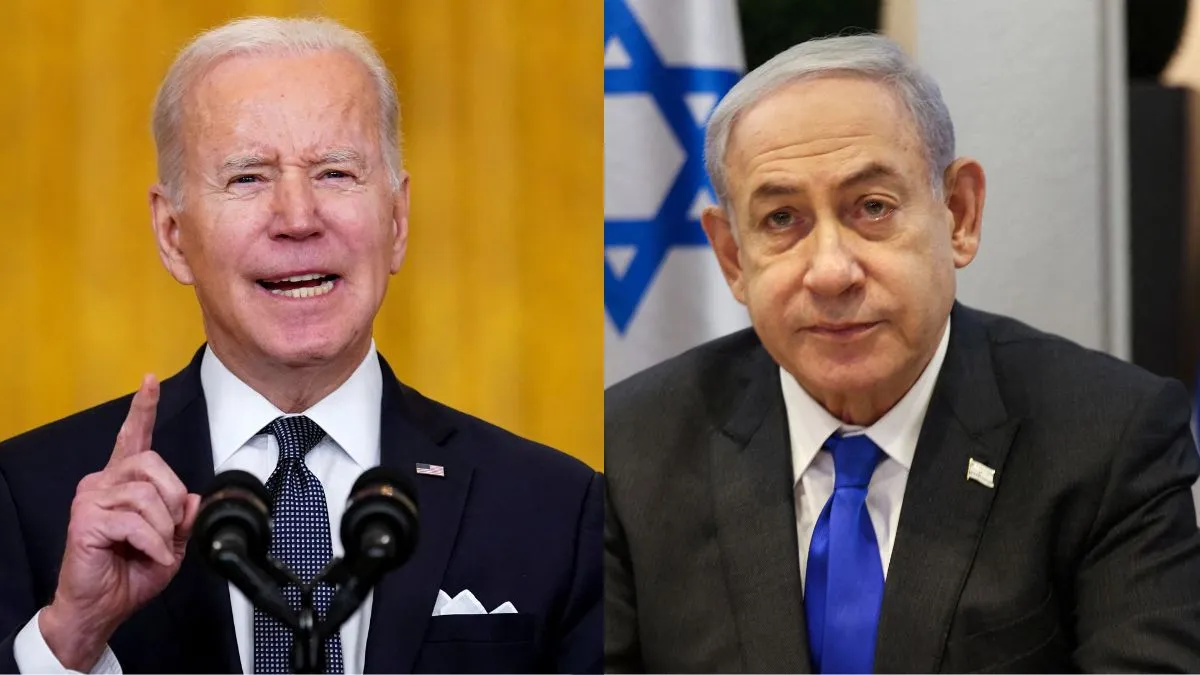The US Rejects ICC Arrest Warrant for Israeli Prime Minister Benjamin Netanyahu and former Defence Minister Yoav Gallant.
This move comes amidst ongoing international scrutiny over alleged war crimes and crimes against humanity linked to Israel’s actions. It also issued a similar warrant for Mohammed Deif, the Chief of Hamas’ military wing, marking a controversial moment in global geopolitics.
US Position and Official Response
During a press briefing at the White House, Press Secretary Karine Jean-Pierre outlined the United States’ firm stance against the ICC’s decision. She emphasized that the US fundamentally rejects the court’s jurisdiction over Israel and expressed deep concern about the procedures that led to the issuance of these warrants.
“We fundamentally reject the court’s decision to issue arrest warrants for senior Israeli officials,” Jean-Pierre stated, reinforcing the Biden administration’s long-standing support for Israel.
According to the White House, the ICC’s approach is flawed both legally and procedurally. Jean-Pierre highlighted that the prosecutor’s swift actions lacked thorough process checks and were marred by errors. She further noted that there is no evidence suggesting an equivalence between Israel and Hamas in this context.
Read : ICC Issues Arrest Warrants Against PM Netanyahu Over War Crimes in Gaza
The United States maintains that the ICC does not have the legal jurisdiction to investigate the matter, given that Israel is not a signatory to the Rome Statute, the treaty that established the court.
Implications for International Diplomacy
The US rejection of the ICC’s decision adds another layer of complexity to an already fraught geopolitical situation. Israel’s relationship with the international community, especially concerning human rights and military conduct, has long been a contentious issue.
By aligning itself so closely with Israel’s defense, the United States has reinforced its strategic and political alliance with the Middle Eastern nation, while also setting a precedent in its stance toward international legal bodies.
This decision could have far-reaching implications. On one hand, it might embolden Israel to continue its policies with the backing of its most powerful ally. On the other, it could exacerbate tensions with countries and organizations that view the ICC’s role as essential in upholding international law.
The perception of bias and selective enforcement in international justice mechanisms is not new, but this incident underscores the challenges of applying consistent standards globally.

For Israel, the warrants represent both a diplomatic and a reputational challenge. While the likelihood of Netanyahu or Gallant being arrested is low, given the limited jurisdiction of the ICC, the symbolic weight of the charges cannot be ignored.
These developments may influence Israel’s diplomatic relations and could complicate efforts to engage with countries that support the ICC’s mandate.
Broader Context and Future Prospects
The move is part of a broader effort to address alleged war crimes in conflict zones worldwide. However, the decision to issue arrest warrants against Israeli leaders alongside a Hamas military chief reflects the court’s attempt to address both sides of the conflict.
Critics argue that this approach fails to account for the asymmetry between state and non-state actors, while others contend that it’s a necessary step toward impartial justice.
The United States’ rejection raises questions about the future of international legal frameworks. Historically, the US has maintained a skeptical view of the ICC, particularly when its actions intersect with American interests or those of its allies.
This latest incident may further strain relations between the ICC and nations that prioritize national sovereignty over international oversight.

In the short term, the US has indicated that it will continue consultations with its allies, including Israel, to determine the next steps. This suggests that diplomatic efforts will be focused on minimizing the impact of the ICC’s decision and reinforcing the legitimacy of Israel’s actions on the global stage.
However, this approach is likely to face criticism from human rights organizations and countries advocating for stronger international accountability.
The broader international community remains divided. While some nations support the ICC’s efforts to hold powerful figures accountable, others view the court’s actions as politically motivated. This division highlights the ongoing challenge of achieving consensus on international justice, particularly in conflict zones where political and strategic interests often overshadow legal considerations.

